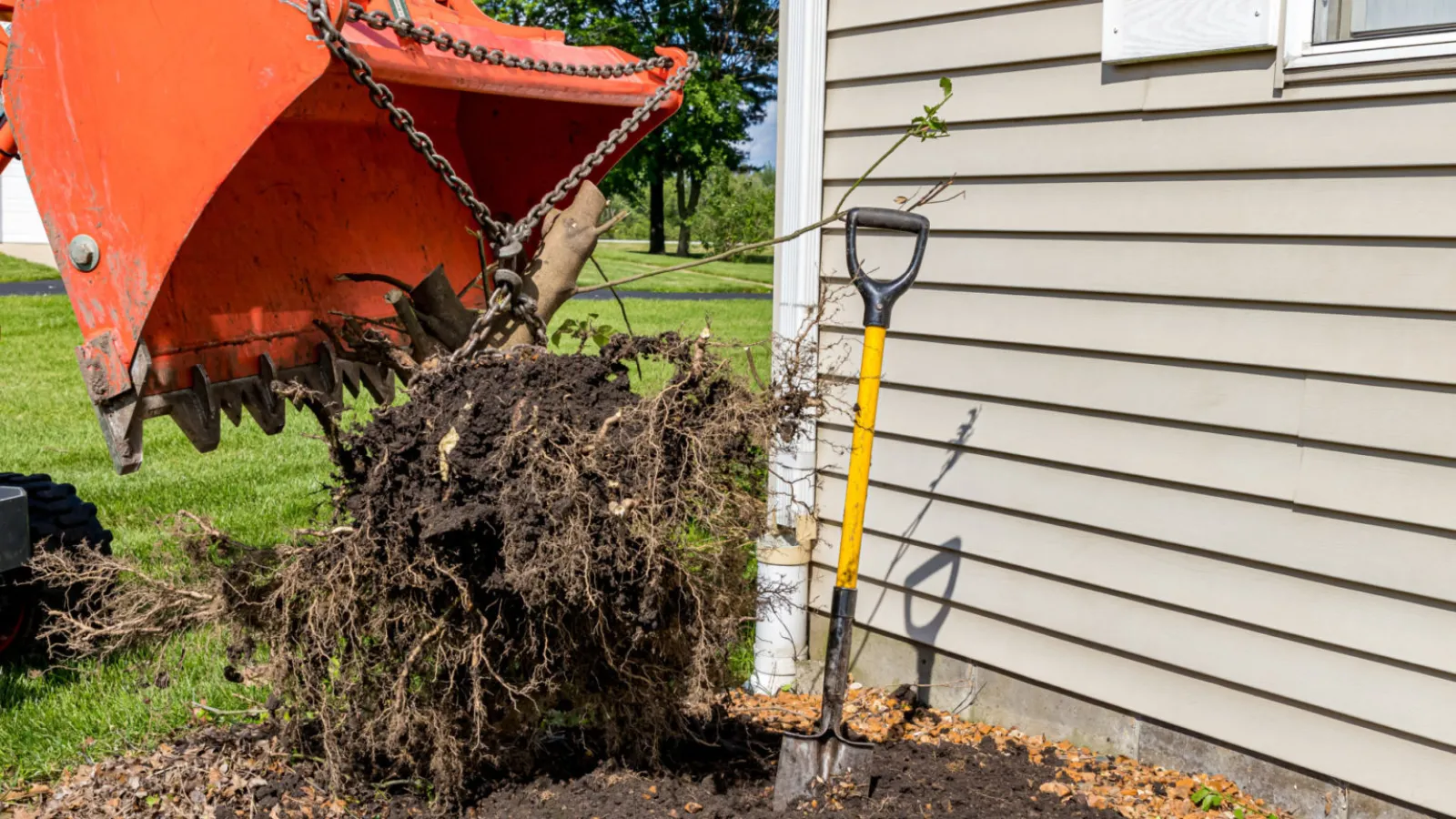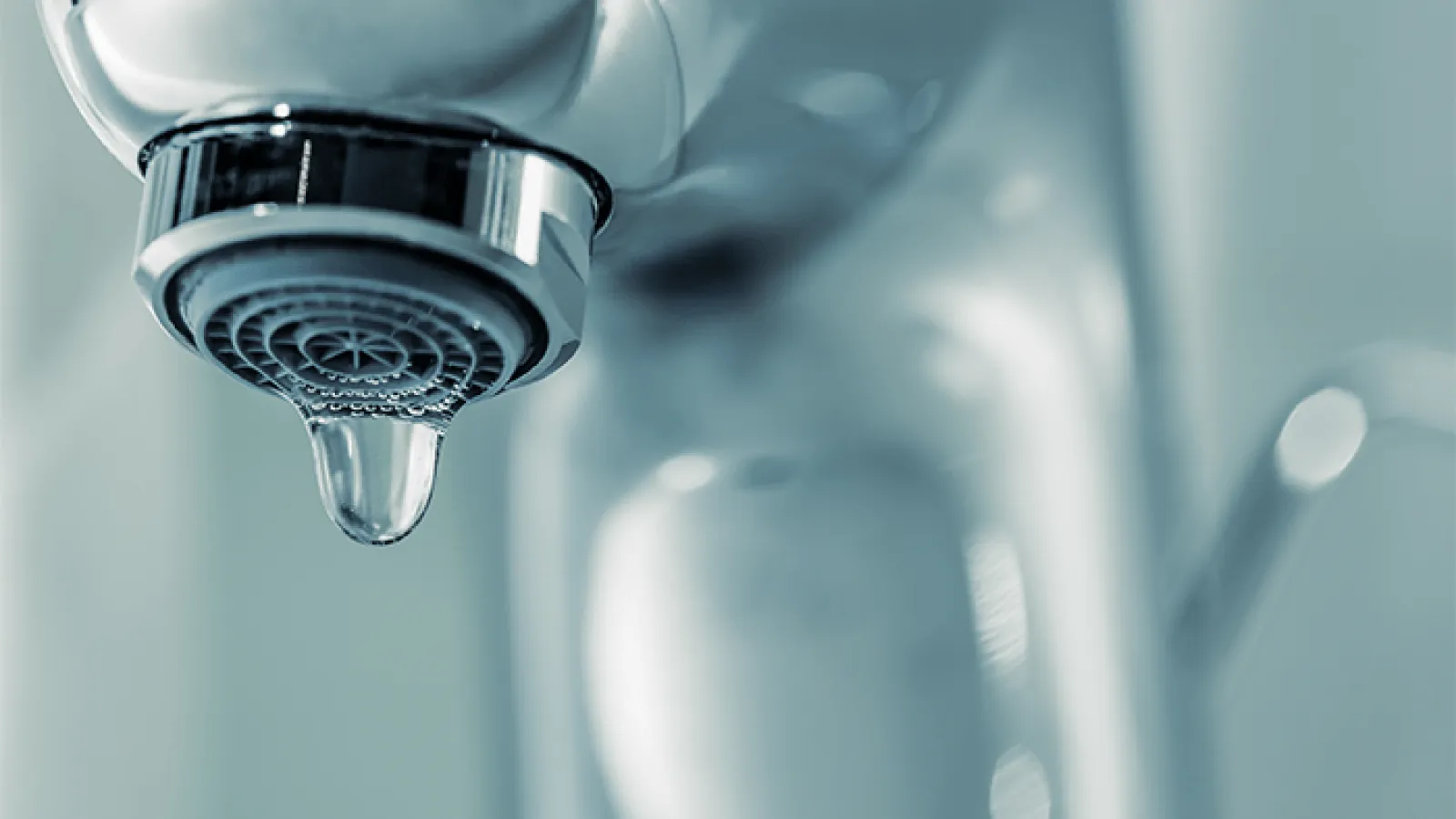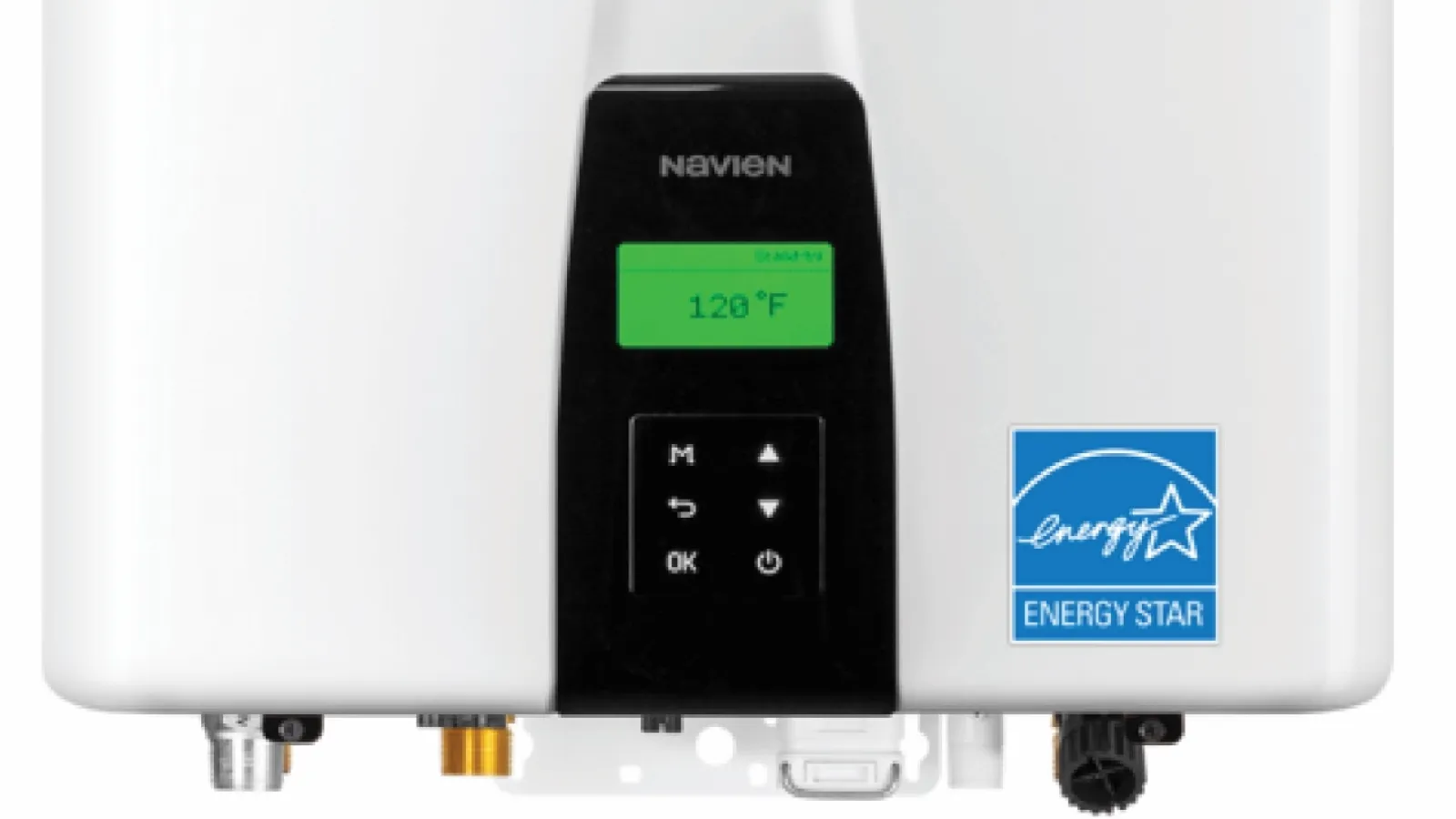Are Water Heaters Supposed to Drip?
Atlanta Plumbers Explain What's Normal—and What's Not
Water heaters heat the water in your home for showers, laundry, and dishwashing. They heat water to a specific temperature and maintain it, so hot water is ready whenever you need it.
But what happens if you notice a drip coming from your unit? You might wonder, "Are water heaters supposed to drip?"
In this article, our Atlanta plumbers explain what's normal, when to worry, and what to do next—based on Estes Services' 75+ years of plumbing expertise serving the greater Atlanta area.
It's that Easy; It's Estes.
Are Water Heaters Supposed to Drip?
A little moisture on or around your water heater isn't unusual. In many cases, it's just condensation caused by temperature differences—when cold water enters the tank, it can cool the tank's outer surface below the surrounding air temperature.
For gas water heaters, condensation can also form when flue gas temperatures drop below the dew point due to cold air intrusion or oversized flues.
Condensation typically clears on its own, but you can improve ventilation or add pipe insulation to reduce moisture buildup.
However, consistent dripping, pooling water, or visible leaks are not normal. These signs often indicate a faulty valve, excessive tank pressure, or internal corrosion—issues that require professional attention.
Why Is My Water Heater Dripping?
There are several possible reasons your water heater may be dripping. Some are minor, while others require repair or even replacement.
1. Temperature and Pressure Relief Valve
The temperature and pressure (T&P) relief valve, located near the top of the tank, is designed to open if internal pressure or temperature becomes too high. Occasional drips can occur as it releases steam or water to stabilize the tank.
If you notice frequent or heavy dripping, the valve may be stuck, damaged, or loose. It may need tightening or full replacement by a licensed plumber in Atlanta.
2. Drain Valve
The drain valve, located at the bottom of the water heater, allows you to flush sediment from the tank during maintenance. Small drips can happen, but consistent leakage may indicate a failing or loose valve.
Tightening the valve with a wrench often stops minor leaks. However, if the valve continues to drip or appears corroded, schedule a plumbing inspection to replace it properly.
3. Inlet and Outlet Connections
Loose or worn fittings at the hot water outlet or cold water inlet can also cause leaks. Tightening these connections may help, but if water continues to collect near the top of the unit, worn seals or fittings likely need to be replaced.
4. Corroded or Damaged Tank
If your tank is rusting, corroding, or cracking, the leak source may be structural. This is common in older units nearing the end of their lifespan.
Temporary patching can buy time, but often, water heater replacement is the safest and most cost-effective long-term solution.
What Are the Warning Signs of Water Heater Drips?
Small leaks can be subtle and go unnoticed for weeks. To prevent serious water damage, stay alert to these common warning signs:
1. Reduced Hot Water Temperature
If your water isn't as hot as usual—or turns lukewarm quickly—you may have internal sediment buildup or leaks affecting heating efficiency.
2. Rusty or Discolored Water
Rust in your water, metallic taste, or reddish stains on laundry are strong indicators of corrosion inside the tank. Check for rust on the exterior, too; visible rust often precedes a major leak.
3. Unusual Noises
Popping, hissing, or rumbling noises signal sediment buildup. This layer forces the heating element to work harder, putting extra strain on the tank and its safety valves—eventually leading to leaks.
4. Age of the Water Heater
If your unit is 10 years or older, it's more susceptible to drips, cracks, and pressure issues. Prevent future problems by scheduling regular maintenance or planning for a replacement before failure occurs.
How Can I Fix My Water Heater?
When it comes to water heater repairs, always rely on licensed professionals. Water heaters combine electricity, gas, and high temperatures, which pose serious safety risks such as gas leaks, shocks, or scalding water.
DIY fixes may seem tempting, but can cause more harm than good, void manufacturer warranties, and create additional damage.
If you're experiencing dripping or leaks, schedule plumbing repair service with Estes Services. Our experts have the tools and training to safely diagnose and resolve the issue.
Why Choose Estes Services for Water Heater Repair in Atlanta?
At Estes Services, we offer comprehensive plumbing solutions—from leak repairs to full water heater replacements. Our licensed plumbers bring unmatched experience and care to every job.
What You Can Expect:
- Safety Expertise: We ensure all electrical, gas, and water components are properly handled and tested.
- Accurate Diagnosis: Our plumbers identify the true cause of leaks or drips to prevent recurring issues.
- Warranty Protection: All repairs meet manufacturer standards to protect your system's warranty.
With over 76 years of service, we proudly help homeowners across Metro Atlanta—including Buckhead, Decatur, Sandy Springs, Marietta, Kennesaw, and Peachtree City—maintain safe, efficient plumbing systems.
📞 Call (404) 362-6960 or schedule your water heater service online today.
It's that Easy; It's Estes!



